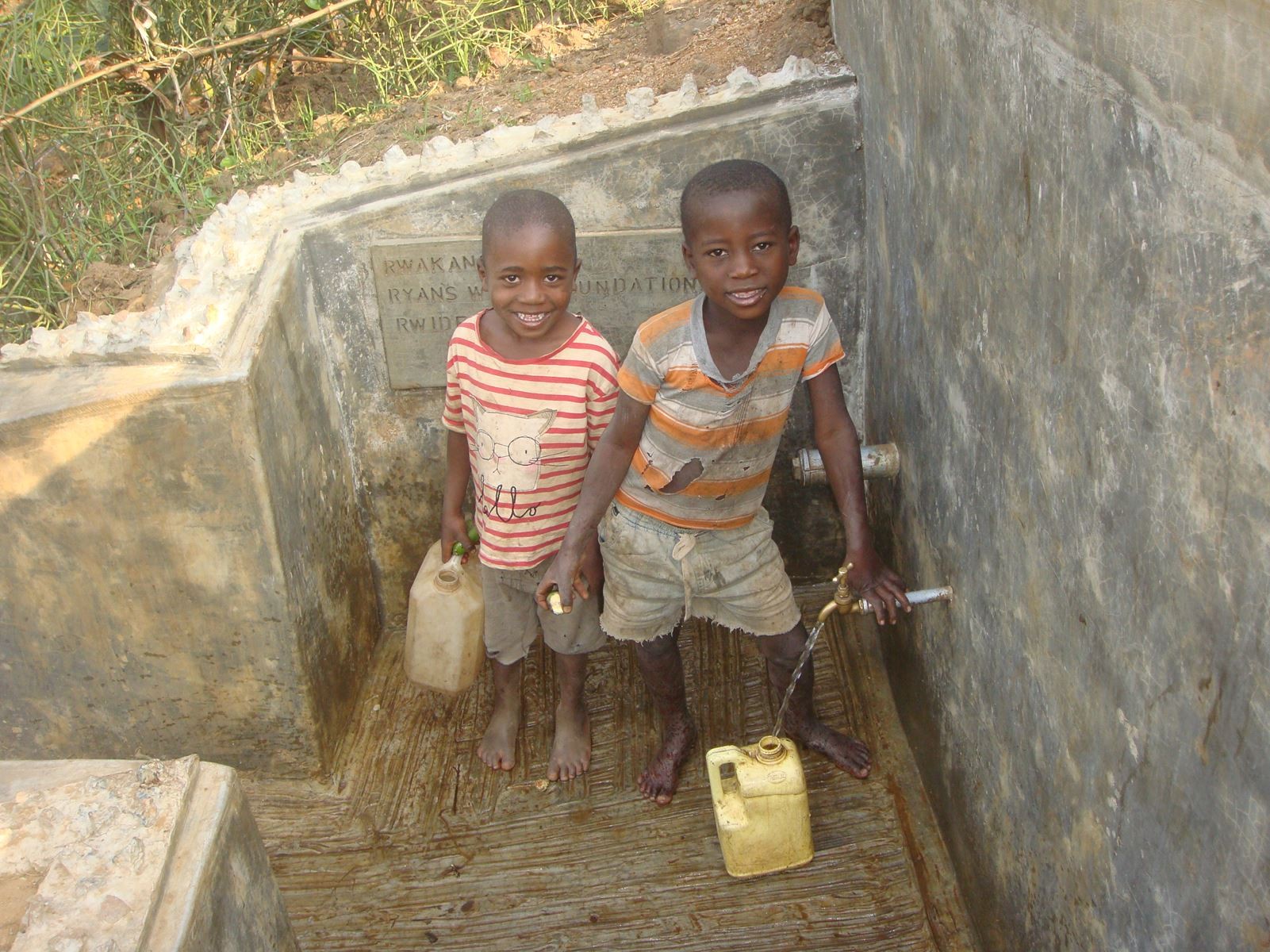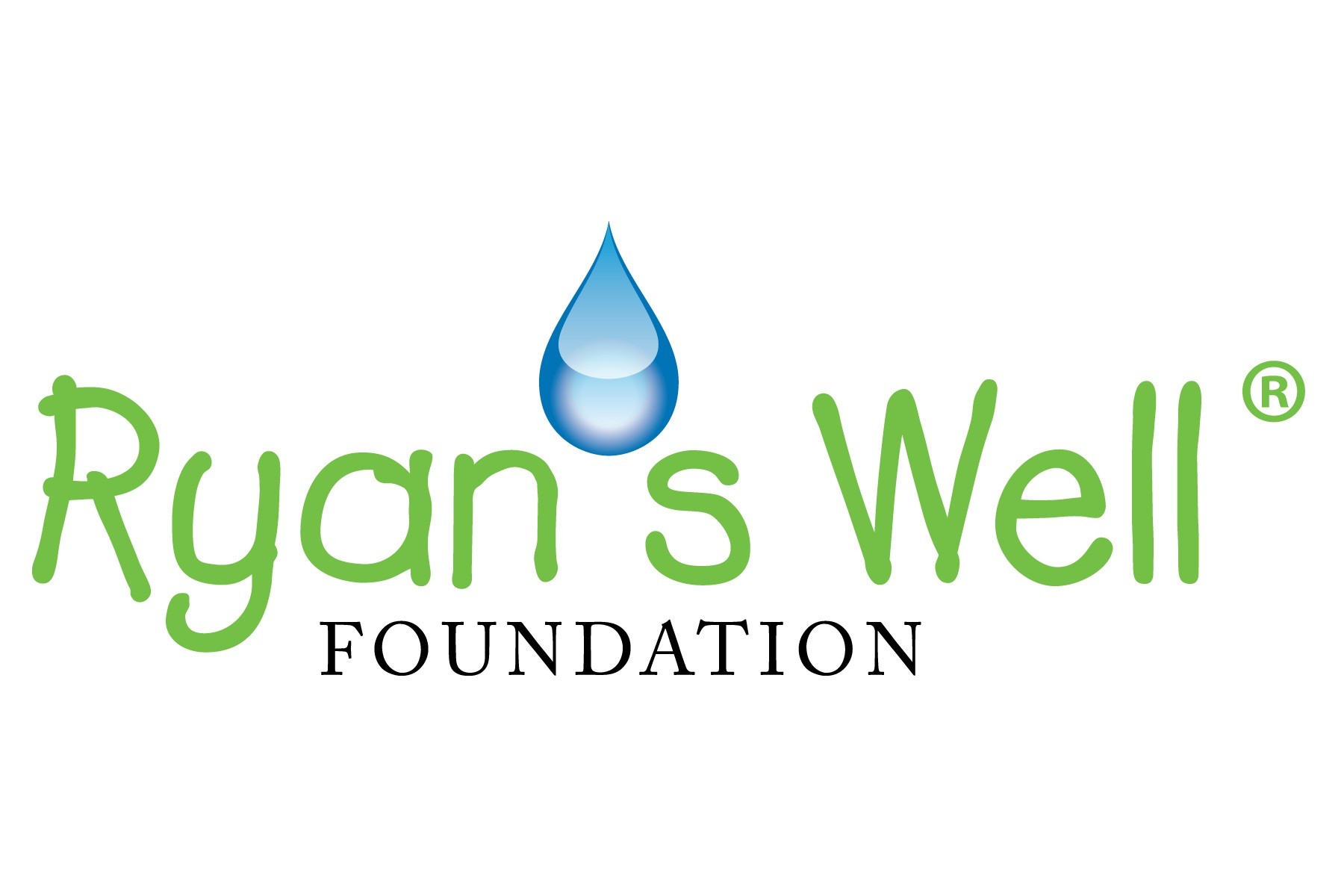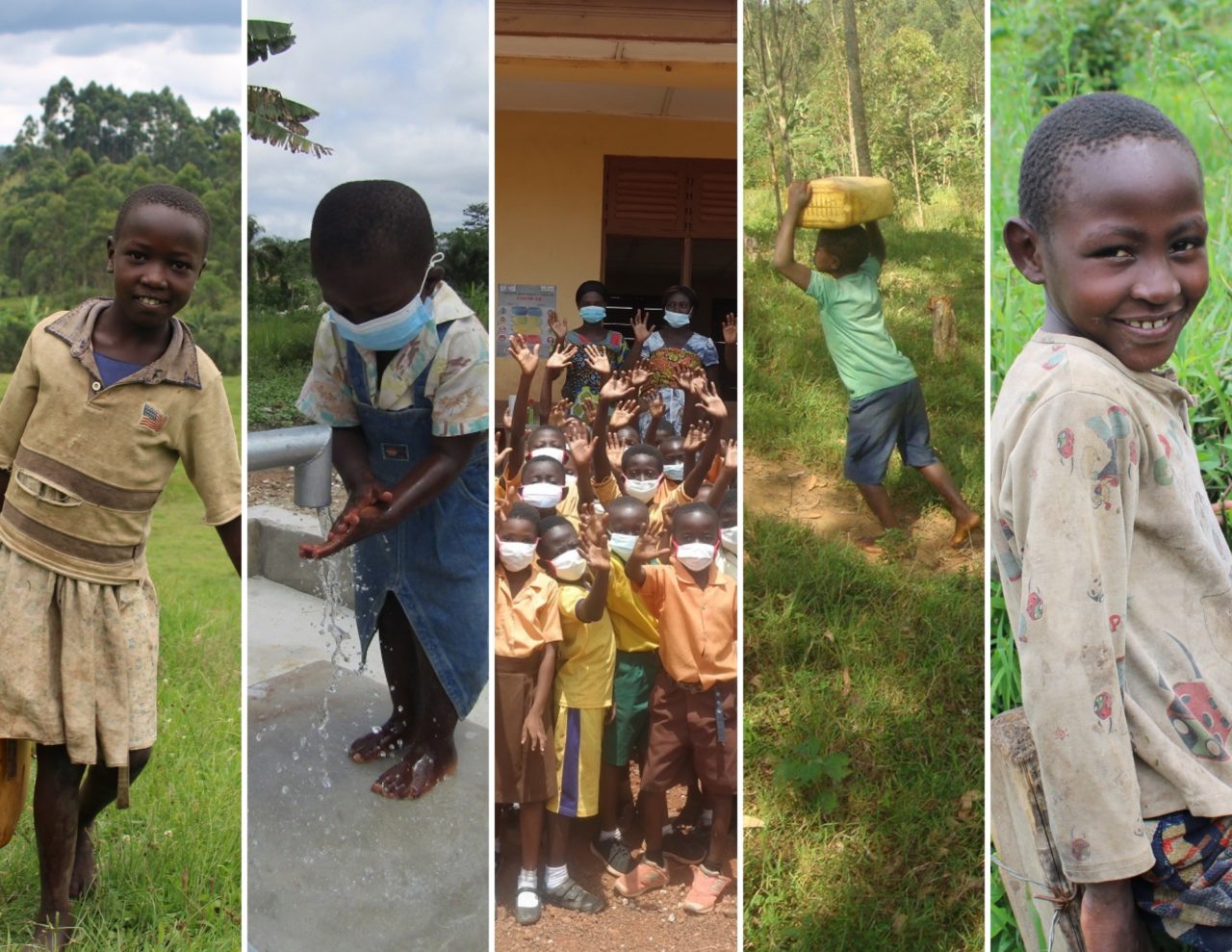 Clean, Accessible WASH for Families in Africa
Clean, Accessible WASH for Families in Africa
Deep wells and WASH education for Lira District
Water is health, education, community empowerment, dignity, hope, and life. Women and children, especially girls, are disproportionately affected by a lack of access to water, sanitation and hygiene (WASH), and shoulder the largest burden in water collection worldwide. Globally, women and girls spend 200 million hours collecting daily water for their families - that’s 22,800 years every day (WHO, 2019). With no safe water or sanitation at home, at school, in health facilities or workplaces, women and girls in developing countries can be condemned to a lifelong battle of wasted time and opportunity, of drudgery, disease and indignity, which is magnified even further as the mind and body ages. This project intends to make WASH access more equitable, and will address persistent barriers to adequate WASH practices in Lira district, Northern Uganda, by providing deep wells and extensive WASH training.
Necessity
Safe, accessible water access and WASH education needed for families in Uganda.
Activity
Enabling deep well construction and provision of WASH training through local partnerships.
Countable effort
Every GOOD DEED will contribute to 1 hour of WASH awareness training to prevent diseases for a child in Lira district.
Result
Help to provide safe water access and WASH education for 5,000+ people in Northern Uganda.
Systemic effect
Helping to improve the health, WASH awareness, and well-being of people in developing countries.
Background
This GOOD DEED addresses the desperate need for clean, accessible water and WASH education in Lira district, Northern Uganda. Lira district has experienced detrimental socio-economic and political problems over the past few decades, including cattle rustling by the Karamojong and the Lord Resistance Army (LRA) rebel insurgency. These independent issues destroyed many, if not all types of infrastructure including roads, schools, health centres, water sources and the cohesion between neighbouring communities. As communities continue to re-build, the provision of WASH (Water, Sanitation and Hygiene) continues to be one of the main challenges faced by people in Northern Uganda. According to the Ministry of Health Uganda records, 75% of infections within this region are contributed to poor WASH (UBS, 2016). Sadly, 22% of deaths of Ugandan children under the age of 5 are a result of diarrhea and improper WASH behaviours, and only 32% of Ugandans have access to a basic water supply (Omona, 2020). The impact of women, adolescent girls and children reclaiming time and opportunity should not be underestimated. By investing in the health, human rights and well-being of people in Lira district, we invest in their family’s overall health and well-being, building a more prosperous and advantageous world - one community at a time.
The good deed
To improve the equitable distribution, effective usage and maintenance capacity of WASH services in this area, people in Lira district must collect sufficient, clean water from improved water wells in order to meet their potable, cultural, and domestic needs. At present, communities are not able to bring about the changes required without external assistance due to high poverty rates and low awareness levels, particularly in relation to the need for improved hygiene and sanitation practices. There is inadequate resource allocation from the Government to meet targeted WASH priorities, such as SDG6, leaving nearly 2/3 of the population with a lack of access to safe water and WASH education. This GOOD DEED will contribute to one hour of WASH training to prevent diseases for a child and their family in Uganda. This project intends to directly address WASH access inequalities by providing deep wells and WASH training for villages in Lira district.

About Lira District, Uganda (North)
Lira is the “chief town” of the Lira District in northern Uganda.
Population
Lira District
403,100
(2012 Estimate)
50% of the population below poverty line
Population/age
59,4% 0 –18
22,4% 18 - 30
16,1% 30 – 60
2,1% 60+years
Lira district registered an 8% decline in safe water coverage in 2021 due to source breakdowns and poor local management, furthering inequitable access and overcrowding at functional water sources.
About the organization and further information

Website
Further information and source
- • Omona S. et al, 2020. Prevalence of diarrhoea and associated risk factors among children under five years old in Pader District, northern Uganda. BMC Infect Dis 20, 37, BioMed Central Ltd.
- • World Health Organization, 2019. Drinking-Water: Fact Sheet. World Health Organization.
- • Uganda Bureau of Statistics, 2016. The National Population and Housing Census 2014 – Main Report, Kampala, Uganda.
- • The Lira District




